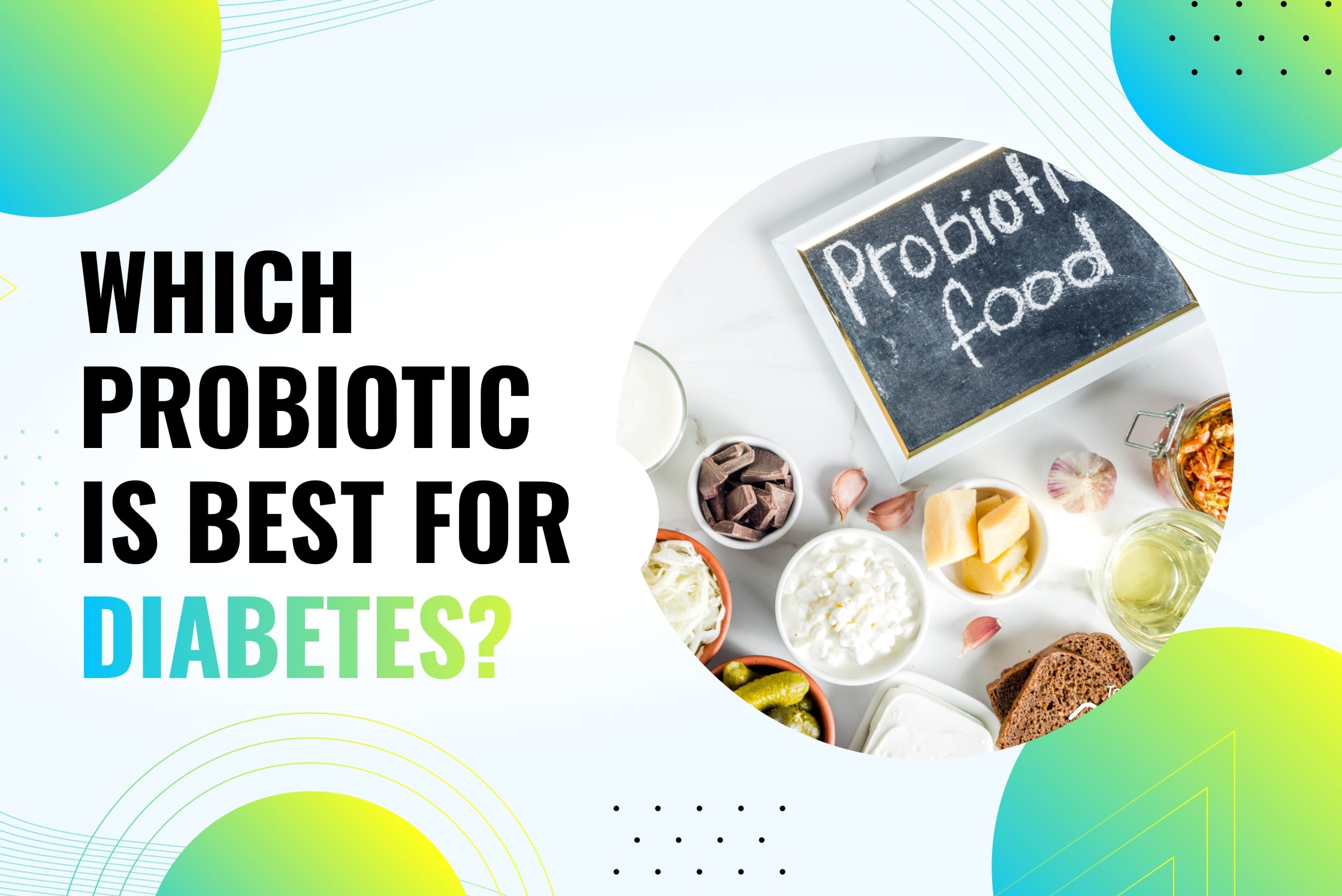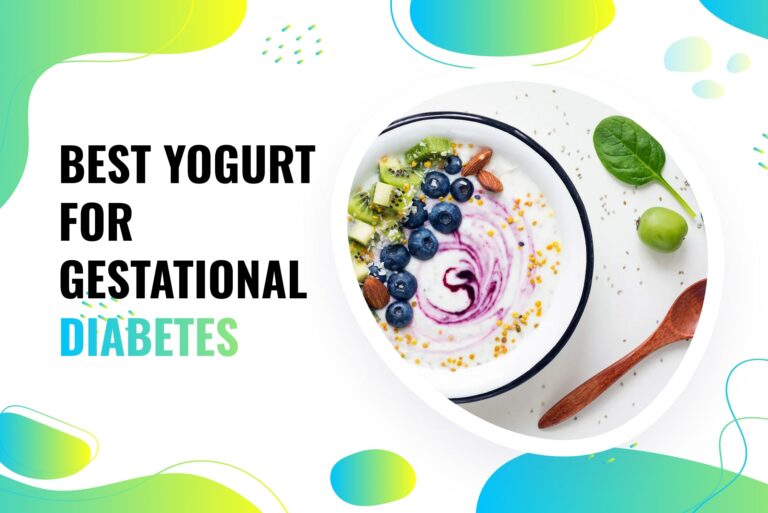6 Best Probiotic Foods for diabetics (They’re All Delicious!)
If you have diabetes, maintaining a healthy diet is essential in managing your blood sugar and overall health.
Adding probiotics to your diet may provide additional benefits for diabetes care, as evidence suggests certain bacteria may help regulate insulin sensitivity and glycemic control.
We’ll explore six unique eats below, so read on if you want to learn more about making nutritious changes while stocking up on gut-friendly diabetic-friendly food.
Introducing Probiotics to your Diet
Probiotics are live bacteria and yeasts that provide health benefits when consumed – particularly for your digestive system. While there are many different types, they can help keep your gut flora balanced and healthy.
To ensure you’re getting enough probiotics in your diet, look for natural sources such as yogurt, sauerkraut, miso, and kimchi.
Probiotic supplements are also available in pill or powder form if you’re looking for an easier way to introduce them into your daily life. Not only do probiotics support digestive health, but they can also reduce anxiety levels and boost the immune system.
Therefore, incorporating them into your regular diet is crucial if you want to get the most out of their beneficial effects.
Benefits of Adding Probiotics to Your Diabetes Diet
Including probiotics in your diabetes diet can provide many benefits. Probiotics are beneficial bacteria in foods like yogurt and fermented drinks that can help bolster digestive health.
These bacteria also contribute to the balance of healthy bacteria in the gut, which can reduce inflammation and help individuals better manage blood sugar levels.
Studies have shown that certain probiotics can treat glucose intolerance, one of the leading causes of type two diabetes.
By increasing their intake of probiotic-rich foods, people with diabetes could improve their overall health and quality of life.
Best Probiotic Foods That Can Help Diabetes Management
Adding probiotics to your diet may provide numerous benefits in managing diabetes. But what food exactly should you eat to get these benefits?
Here are the best probiotic-rich foods to consume:
1. Fermented vegetables like sauerkraut, kimchi, and pickles: These particular types of food contain good bacteria that can help the body stay healthy and help manage diabetes better.
2. Yogurt made with live cultures: Yogurt is an excellent source of probiotics that may help improve digestive health in people with diabetes.
3. Kombucha tea: This fermented tea contains beneficial bacteria and yeast, linked to improved glucose levels in diabetics and other benefits relating to gut health and digestion.
4. Tempeh: This traditional Indonesian food is made from fermented soybeans, which provide an excellent source of probiotics for those who have type 2 diabetes or metabolic syndrome due to its high content of dietary fiber, protein, vitamins, and minerals such as magnesium, potassium, copper, iron and zinc
5. Miso paste: A Japanese condiment made from fermenting steamed soybeans with salt or rice malt (koji), miso paste also provides a rich source of probiotic microorganisms that may offer nutritional support for individuals diagnosed with type 2 diabetes or metabolic syndrome
6. Sourdough rye bread : Sourdough rye bread is an excellent source of probiotics which can help individuals with type 2 diabetes or metabolic syndrome due to its high content of dietary fiber, protein, vitamins, and minerals such as magnesium, potassium, copper, iron and zinc.
Tips for Incorporating More Probiotic Foods into Your Diet
Eating a diet rich in probiotic foods is an excellent way to improve gut health and boost your immune system. Fortunately, many delicious and nutritious ways exist to incorporate more fermented foods into everyday meals.
From swapping out traditional mayonnaise for the tangy flavor of a probiotic-rich savory yogurt sauce to substituting kefir for milk in smoothies or baking recipes, you can easily up your probiotics game without sacrificing taste.
Exploring new recipes for kimchi pancakes or tempeh tacos for lunch and dinner dishes can give you a balanced probiotic boost that tastes great.
With so many options available, it’s easy to add plenty of probiotics into your daily diet without noticing much difference!
Potential Drawbacks of Eating Probiotic Foods
Eating probiotic foods can benefit digestive and overall health, but it is also vital to consider the potential drawbacks. Probiotic supplementation can sometimes cause mild abdominal discomfort, flatulence, and bloating.
As numerous probiotics are available and there is no one-size-fits-all approach to dietary supplementation, healthcare providers should always be consulted before beginning a probiotic regimen.
Some individuals may experience allergic reactions or exacerbate conditions such as irritable bowel syndrome or small intestinal bacterial overgrowth (SIBO).
Recognizing these potential pitfalls when considering probiotics to restore gut microbiome balance is essential.
In A Nutshell
Probiotic foods promote good gut health, especially for diabetics. You can get them from most foods, like fermented vegetables like tempeh, kimchi, miso, and sauerkraut.
Supplements are also available if you’re not getting enough probiotics from food. But as always, you should consult your doctor before incorporating them into your diet.





